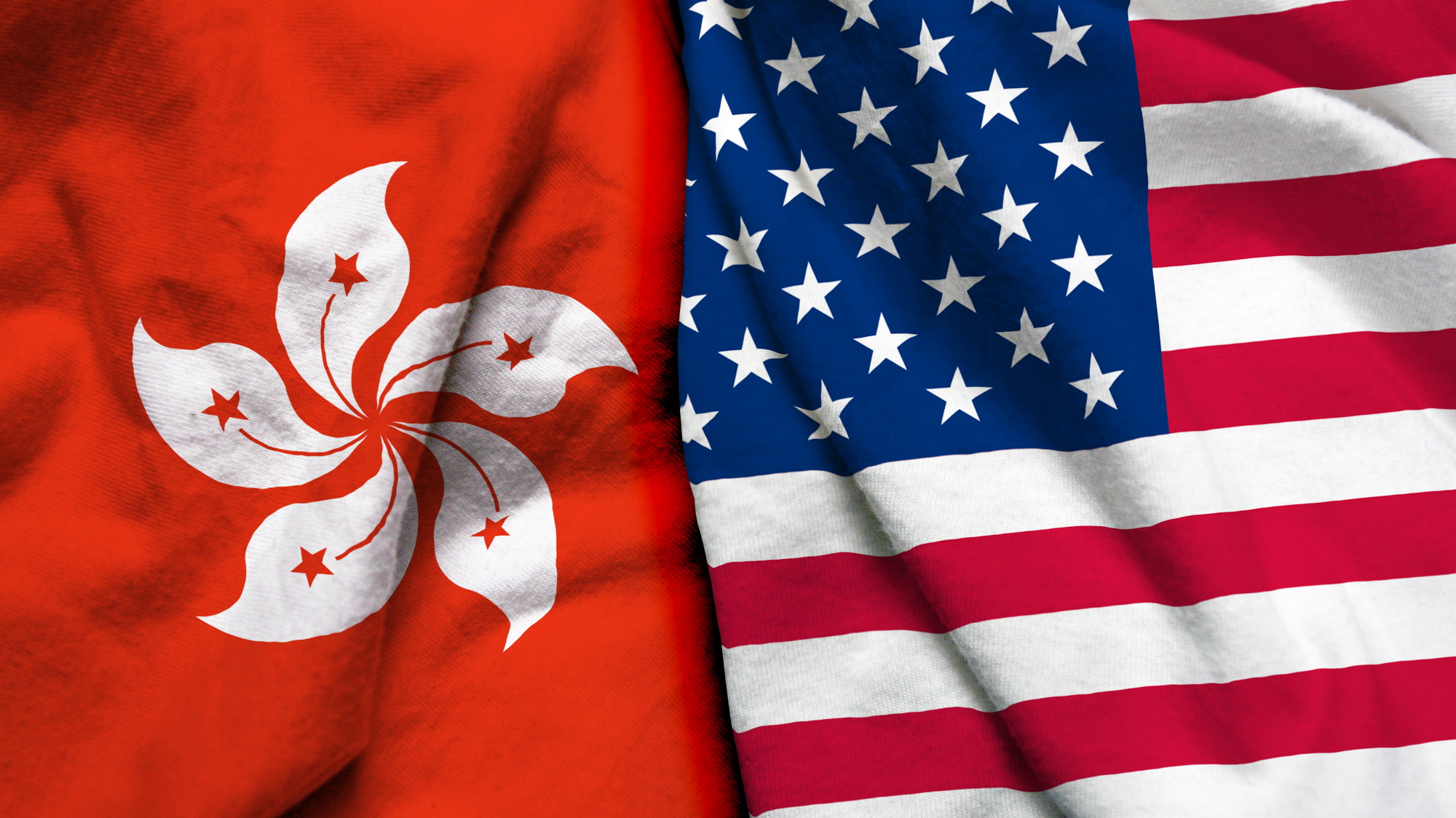U.S. will no longer share sensitive technologies with Hong Kong
Dramatic policy change comes as new security law goes into effect in Hong Kong

As China tightens its grip on Hong Kong using a controversial new security law, the U.S. has announced it will no longer trade sensitive technology with the nominally autonomous city-state.
On Monday (June 29), U.S. Secretary of Commerce Wilbur Ross announced the measure over fears that exporting defence innovations to Hong Kong could put national security at risk.
- Stay safe online with our pick of the best antivirus software
- Best VPN: pick the ideal provider for watertight privacy wherever you are
- Just in: Serious Mac security flaw still unpatched by Apple after 6 months
He warned of U.S. defence technologies ending up in the hands of Chinese military and security forces, with the potential of being leveraged for state-backed cyberattacks.
The technologies in question include "telescopic lenses for guns, satellites and computer chips," according to the Wall Street Journal. The Journal noted that the U.S. is Hong Kong's second-largest trading partner after mainland China.
“With the Chinese Communist Party’s imposition of new security measures on Hong Kong, the risk that sensitive U.S. technology will be diverted to the People’s Liberation Army or Ministry of State Security has increased, all while undermining the territory’s autonomy,” said Ross in a statement posted on the Department of Commerce website.
“Those are risks the U.S. refuses to accept and have resulted in the revocation of Hong Kong’s special status.”
Serious repercussions
Ross slammed the Chinese government for its decision to impose new national-security legislation on Hong Kong, which has operated as a special administrative region with broad economic, legal and political autonomy since the U.K. returned Hong Kong to China in 1997.
Sign up to get the BEST of Tom's Guide direct to your inbox.
Get instant access to breaking news, the hottest reviews, great deals and helpful tips.
The U.S. restricts the export of sensitive defence technology to mainland China, but Hong Kong has been an exception to those rules because it was seen as quasi-independent from Beijing. That is no longer the case.
“Commerce Department regulations affording preferential treatment to Hong Kong over China, including the availability of export license exceptions, are suspended," Ross said. "Further actions to eliminate differential treatment are also being evaluated."
He urged China to reconsider its present course, with runs counter to the agreement Beijing made with Britain to leave Hong Kong alone until 2047.
“We urge Beijing to immediately reverse course and fulfill the promises it has made to the people of Hong Kong and the world,” Ross said.
Freedom at stake
The new "Law of the People's Republic of China on Safeguarding National Security in the Hong Kong Special Administrative Region" was rushed through China's rubber-stamp parliament earlier this week and went into effect today (July 1), the 23rd anniversary of the British departure.
The law makes whatever China deems to be "secession," "subversion," "terrorism" and "foreign collusion" criminal acts that can carry life sentences. Stopping traffic, as pro-democracy demonstrators in Hong Kong routinely do, counts as "terrorism"; occupying government offices counts as "subversion"; calling for independence is "secession."
For many, the new law signals the end of Hong Kong’s right to self-governance. The city-state's independent legislative council is already dominated by pro-Beijing lawmakers, and China has long looked to curb freedom of speech in Hong Kong, where the censorship common throughout the mainland does not apply.
Jake Moore, a security specialist at ESET, told Tom’s Guide: “When tensions are high, governments have the ability to make quick or even rash decisions in the name of security. Although this might be to the detriment to national relations, the security of sensitive data is paramount and remains a key threat to intelligence.
“At the heart of decisions like this lies the all important threat of data breaches. However big that risk is, some nations take even more precautions and clearly do all they can to mitigate any proposed risk that may be presented currently or in the future.”
- Read more: The best working China VPNs for residents and visitors
Nicholas Fearn is a freelance technology journalist and copywriter from the Welsh valleys. His work has appeared in publications such as the FT, the Independent, the Daily Telegraph, The Next Web, T3, Android Central, Computer Weekly, and many others. He also happens to be a diehard Mariah Carey fan!
